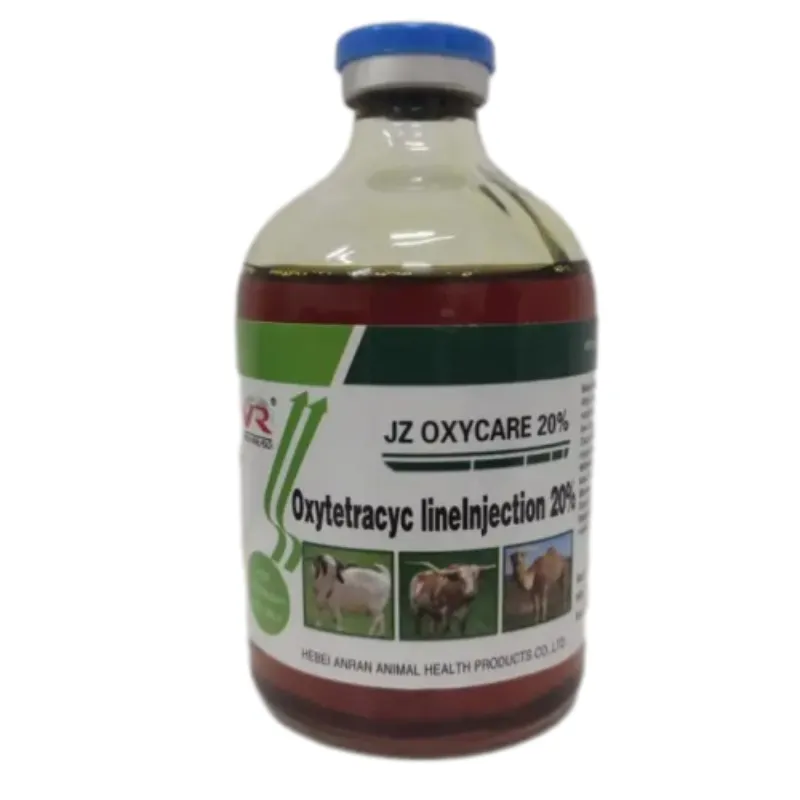- Afrikaans
- Albanian
- Amharic
- Arabic
- Armenian
- Azerbaijani
- Basque
- Belarusian
- Bengali
- Bosnian
- Bulgarian
- Catalan
- Cebuano
- Corsican
- Croatian
- Czech
- Danish
- Dutch
- English
- Esperanto
- Estonian
- Finnish
- French
- Frisian
- Galician
- Georgian
- German
- Greek
- Gujarati
- Haitian Creole
- hausa
- hawaiian
- Hebrew
- Hindi
- Miao
- Hungarian
- Icelandic
- igbo
- Indonesian
- irish
- Italian
- Japanese
- Javanese
- Kannada
- kazakh
- Khmer
- Rwandese
- Korean
- Kurdish
- Kyrgyz
- Lao
- Latin
- Latvian
- Lithuanian
- Luxembourgish
- Macedonian
- Malgashi
- Malay
- Malayalam
- Maltese
- Maori
- Marathi
- Mongolian
- Myanmar
- Nepali
- Norwegian
- Norwegian
- Occitan
- Pashto
- Persian
- Polish
- Portuguese
- Punjabi
- Romanian
- Russian
- Samoan
- Scottish Gaelic
- Serbian
- Sesotho
- Shona
- Sindhi
- Sinhala
- Slovak
- Slovenian
- Somali
- Spanish
- Sundanese
- Swahili
- Swedish
- Tagalog
- Tajik
- Tamil
- Tatar
- Telugu
- Thai
- Turkish
- Turkmen
- Ukrainian
- Urdu
- Uighur
- Uzbek
- Vietnamese
- Welsh
- Bantu
- Yiddish
- Yoruba
- Zulu
10 月 . 15, 2024 19:32 Back to list
Effective Solutions for Eliminating Worms in Dogs and Ensuring Their Health
Effective Solutions to Combat Worms in Dogs
Worms can pose a significant health threat to dogs, leading to a variety of issues ranging from mild discomfort to severe health complications. Let's explore the various types of worms that can infect dogs, the symptoms associated with these infestations, and the most effective treatments and preventative measures that can be implemented to safeguard our furry friends.
Understanding the Types of Worms
Several types of worms can infect dogs, the most common being roundworms, tapeworms, hookworms, and whipworms.
1. Roundworms These are the most prevalent type of intestinal worm found in dogs. They are long, spaghetti-like worms that can cause weight loss, a pot-bellied appearance, and vomiting in infected dogs.
2. Tapeworms Typically contracted through fleas, tapeworms are flat, segmented worms that can cause irritation around the dog's anus, along with weight loss and poor coat condition.
3. Hookworms These small worms attach to the intestinal walls and feed on the dog's blood. Symptoms include anemia, lethargy, and gastrointestinal issues.
4. Whipworms These worms reside in the large intestine and can cause severe diarrhea and weight loss.
Recognizing the Symptoms
Knowing the symptoms of worm infestations is crucial for prompt treatment. Common signs include
- Vomiting or diarrhea - Weight loss despite a good appetite - Pot-bellied appearance, especially in puppies - Itching around the anus or scooting behavior - Lethargy and weakness
Observing these symptoms in your dog should prompt an immediate visit to the veterinarian for diagnosis and treatment.
Diagnosis and Treatment
what can kill worms in dogs

Veterinarians typically diagnose worm infestations through fecal exams, which can identify the presence of eggs or larvae. Once confirmed, treatment options vary based on the type of worm identified.
1. De-worming Medications There are various anthelmintics (de-worming medications) available, and the choice of medication depends on the type of worm. For instance, praziquantel is effective against tapeworms, while fenbendazole is commonly used for roundworms, hookworms, and whipworms.
2. Veterinary Guidance It's essential to follow your veterinarian's recommendations regarding dosage and frequency, as some treatments may require follow-up doses, especially in severe infestations.
3. Supportive Care In cases of significant blood loss or anemia, additional treatment, such as iron supplements or blood transfusions, may be necessary.
Prevention is Key
Preventing worm infestations is crucial and involves maintaining good hygiene and health practices
1. Regular Vet Check-ups Schedule routine veterinary visits for fecal examinations, even if your dog appears healthy. This proactive approach helps catch any infestations early.
2. Sanitation Clean your dog’s living area regularly and promptly dispose of feces to reduce the risk of re-infestation.
3. Flea Control Since tapeworms are often contracted via fleas, implementing a stringent flea control program is essential. Utilize vet-recommended flea treatments to keep your dog protected.
4. Limit Contact with Stray Animals Encourage your dog to avoid contact with stray or potentially infected animals, as they can be carriers of various parasites.
5. Healthy Diet Feed your dog a balanced diet to boost their immune system, making them less susceptible to infestations.
Conclusion
Worms can significantly impact a dog’s health, but with the right knowledge and proactive measures, pet owners can effectively prevent and treat infestations. Regular veterinary check-ups, appropriate deworming treatments, and good hygiene practices can ensure that our furry companions stay healthy and happy. By staying vigilant and informed, dog owners can significantly reduce the risk of worm infestations, maintaining the well-being of their beloved pets for years to come.
-
The Power of Radix Isatidis Extract for Your Health and Wellness
NewsOct.29,2024
-
Neomycin Sulfate Soluble Powder: A Versatile Solution for Pet Health
NewsOct.29,2024
-
Lincomycin Hydrochloride Soluble Powder – The Essential Solution
NewsOct.29,2024
-
Garamycin Gentamicin Sulfate for Effective Infection Control
NewsOct.29,2024
-
Doxycycline Hyclate Soluble Powder: Your Antibiotic Needs
NewsOct.29,2024
-
Tilmicosin Premix: The Ultimate Solution for Poultry Health
NewsOct.29,2024













